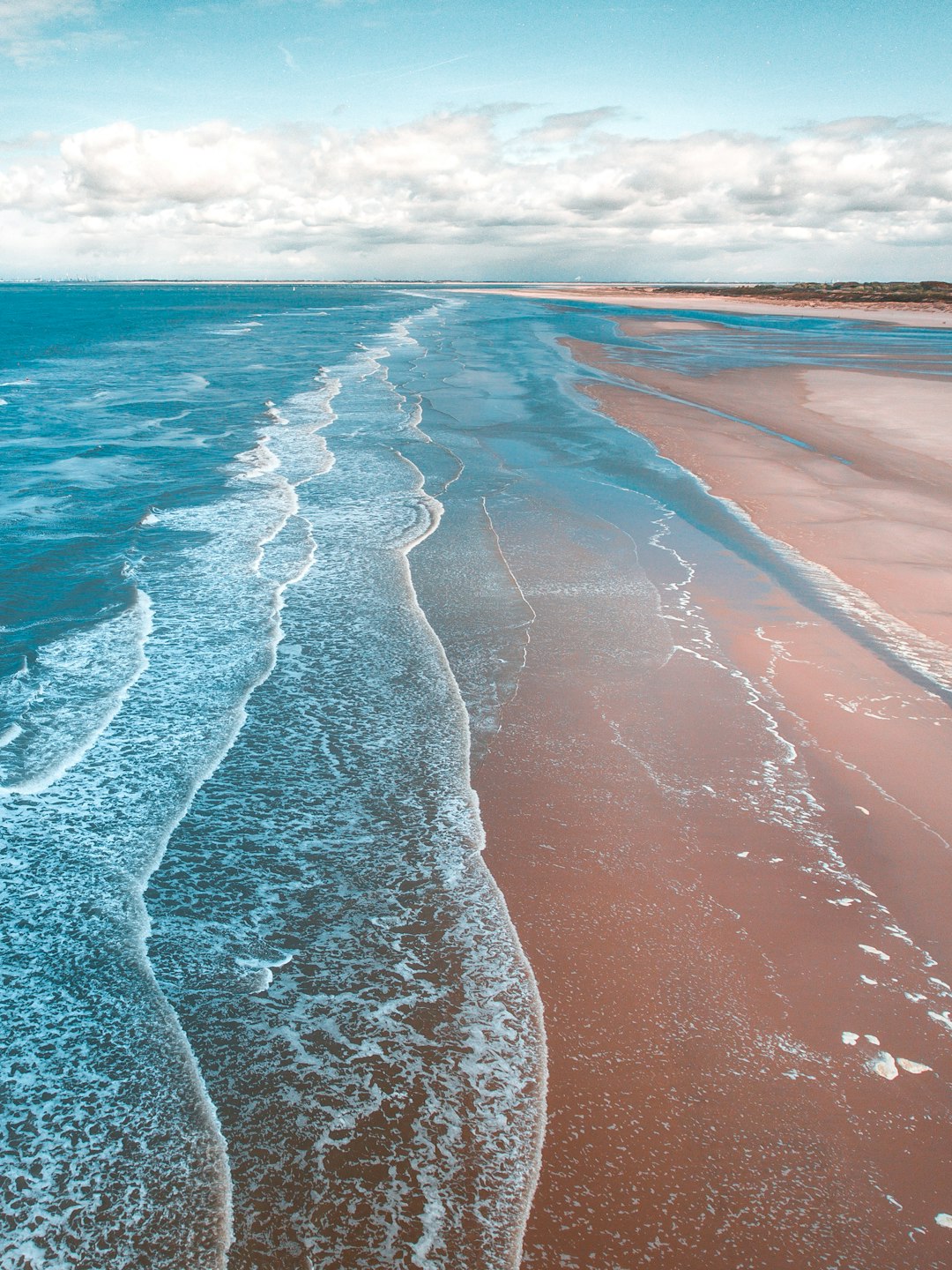
Essential Health and Safety Travel Tips for 2024
# Introduction. Travel can be one of the most thrilling experiences in life. However, the excitement of venturing into new locations doesn’t just come with scenic views and delicious cuisines; it also demands a focus on health and safety. This guide offers practical travel tips that can help you navigate potential health risks and enhance your overall safety while exploring various destinations in 2024. # Research Your Destination's Health Guidelines. Before embarking on your journey, thorough research regarding health guidelines in your destination is crucial. This includes understanding local health practices, necessary vaccinations, and prevalent diseases. For instance, some regions may require vaccinations for diseases like yellow fever or hepatitis A, while others may recommend specific precautions for food and water safety. Online resources such as the World Health Organization (WHO) or your country's health department will provide updated information. Don't forget to check if health insurance covers travel-related medical expenses and consider supplemental travel insurance to accommodate any unexpected health issues. # Prepare a First Aid Kit. Creating a compact first aid kit is a smart move for any traveler. Include essential items, such as adhesive bandages, antiseptic wipes, pain relievers, motion sickness medication, and any personal medications. It’s helpful to add items specific to your activity, whether it’s insect repellent for hiking or allergy medicine if you’re visiting a new climate. Also, keep in mind that local pharmacies may not always carry the same products as at home, so having a well-stocked first aid kit can be invaluable. This preparation not only boosts confidence but ensures you’re ready for minor emergencies that could enable you to enjoy your trip without excessive worry. # Practice Personal Safety Tips. In addition to health concerns, personal safety is paramount when traveling. Always stay aware of your surroundings and trust your intuition—if something feels off, take precautionary measures. Choose accommodations in safe neighborhoods and utilize hotel safes for your valuables. When exploring, avoid revealing too much about your plans. Be mindful of your belongings and consider using a money belt or cross-body bag that can't be easily snatched. Utilizing maps and navigation apps can also minimize distractions while finding your way, ensuring you remain vigilant. # Hydration and Food Safety Tips. Staying hydrated and maintaining food safety during your travels can greatly influence your health. Drinking adequate amounts of water, particularly in hot climates, is essential for preventing dehydration. However, be cautious about the source—avoid tap water in certain regions where it's not safe, and consider carrying a reusable water bottle with a built-in filter. Regarding food, familiarize yourself with local dishes and practices. Eating street food may be tempting, but always observe hygiene practices, such as the cleanliness of preparation areas. When in doubt, opt for cooked foods and peel fruits to reduce the risk of foodborne illnesses. # Understanding Emergency Services and Local Contacts. Before leaving, ensure you know how to contact emergency services in your destination. Familiarize yourself with local emergency numbers, the location of the nearest hospital, and pharmacy hours. Having access to local healthcare facilities in case of emergencies is crucial for peace of mind. Additionally, registering with your embassy or consulate could provide another layer of security. In the event of political unrest or natural disasters, knowing how to contact your government’s representatives can facilitate a quicker resolution and support. # Stay Connected and Share Your Itinerary. In an increasingly connected world, sharing your travel itinerary with family or friends allows them to keep tabs on your whereabouts. Regular check-ins by texting or calling can ensure that someone is aware of your location, especially during long outings or remote excursions. Using travel apps that share your location can also be beneficial. Many platforms allow friends and family to follow your journey closely and provide a level of comfort while you explore new destinations. # Conclusion. Traveling is a beautiful way to widen your horizons and create lasting memories. By incorporating these health and safety tips into your repertoire, you can enjoy your travels with improved confidence and security. Be prepared, prioritize your health, and embrace every experience that comes your way in 2024, and Happy Travels! .








